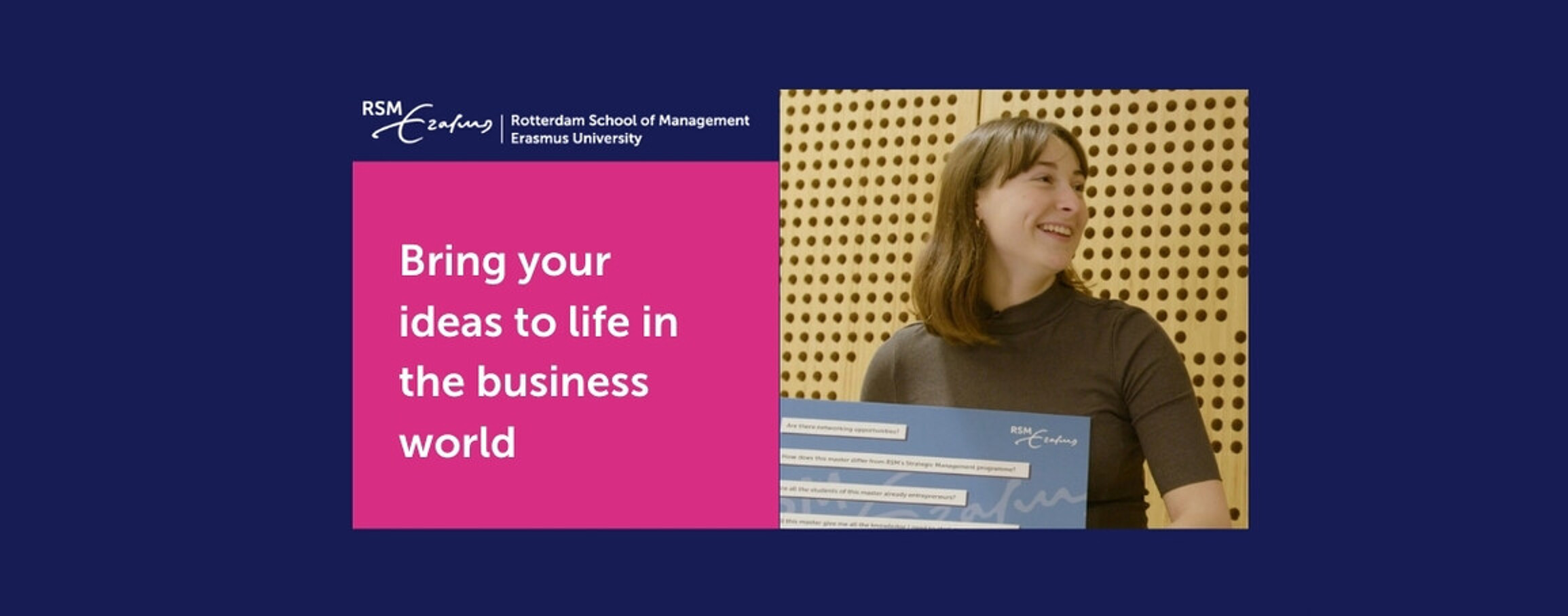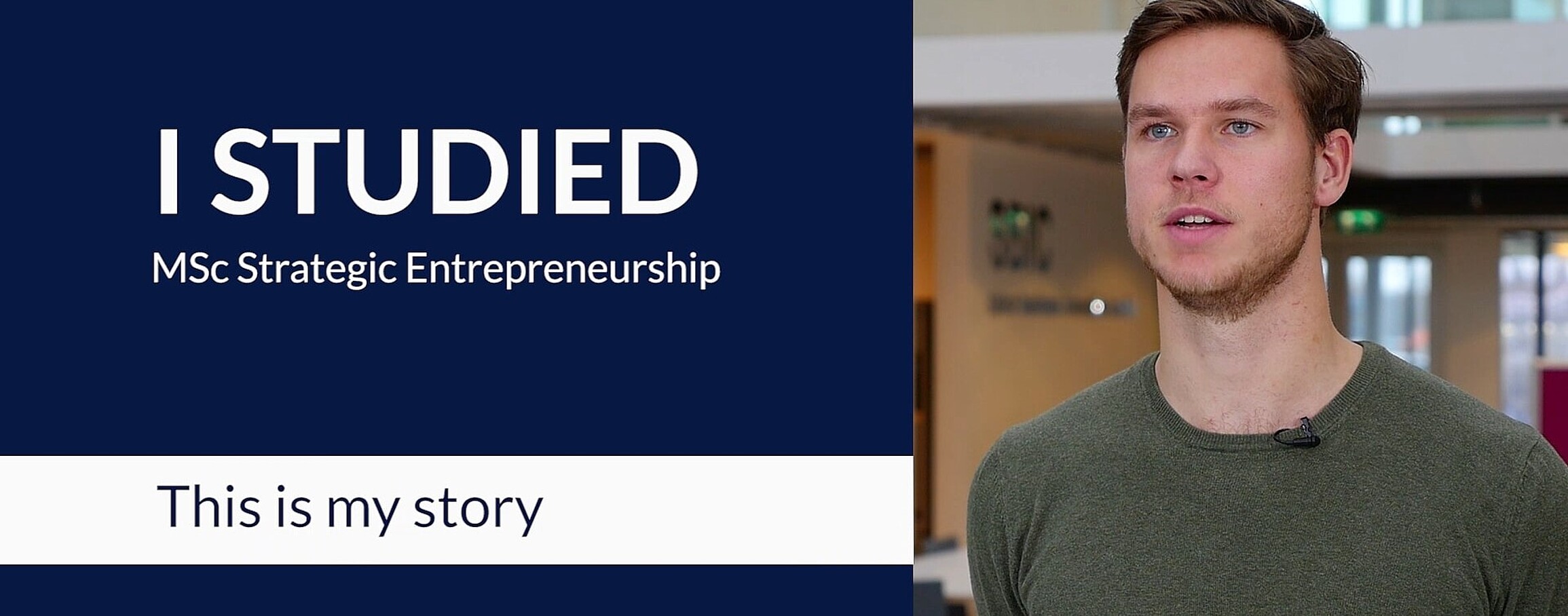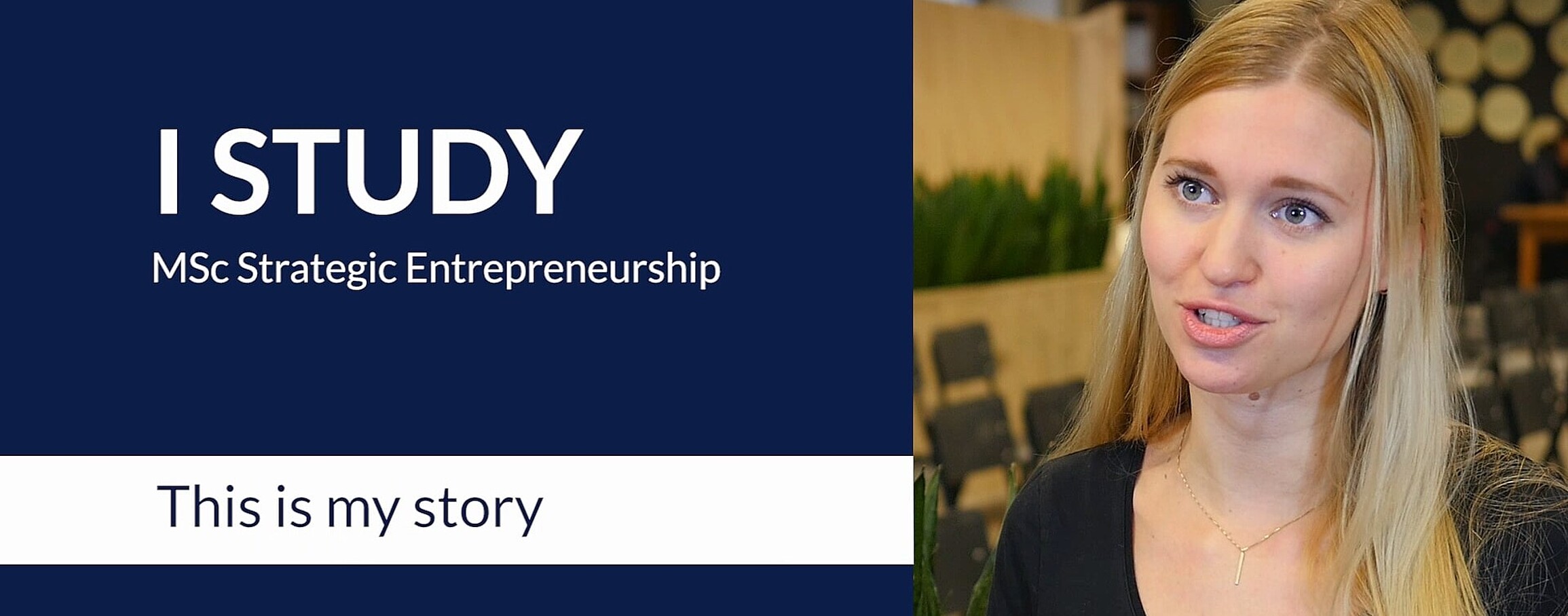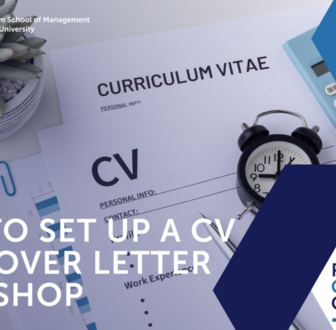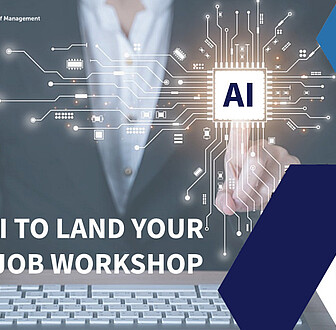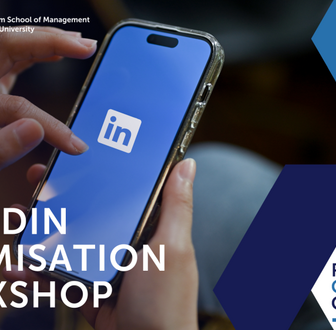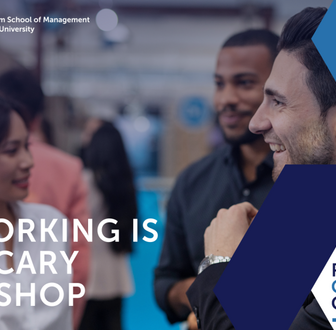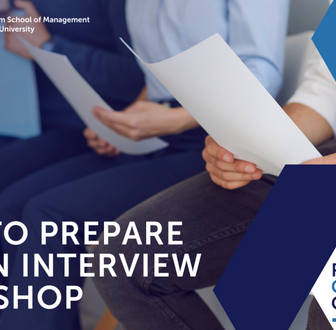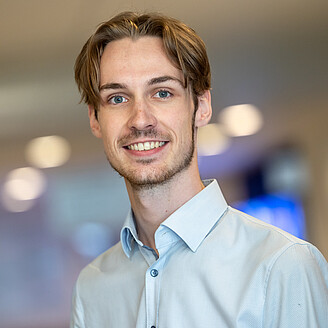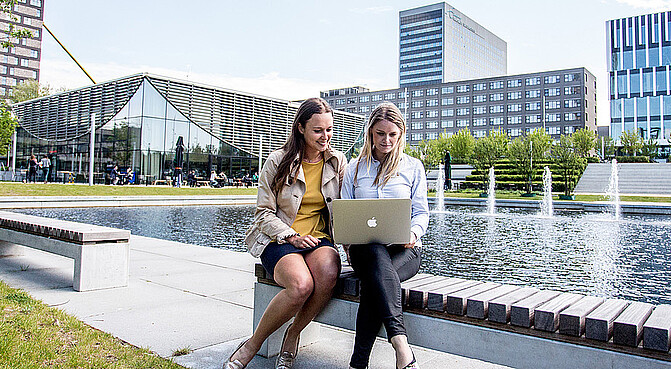Do you want to know more about the MSc Strategic Entrepreneurship programme?
The video below will answer the most frequently asked questions about the programme.
Overview
RSM’s MSc in Strategic Entrepreneurship is a one-year programme (60 EC). Core courses are compulsory, and they are offered during the autumn semester (22 EC).
Master electives (18 EC) are offered during the spring semester, of which one elective can be chosen from any other MSc programme offered in Rotterdam or Delft. During the year, you work on your personal development, research skills and a master thesis project (20 EC). Your thesis may directly relate to working on a new venture opportunity.
MSc programmes are often associated with a research group, guided by accomplished researchers making meaningful contributions in their respective fields. For a closer look at the exciting research initiatives by our academic faculty, we encourage you to explore the department of Strategic Management and Entrepreneurship under which the MSc Strategic Entrepreneurship falls.
Please note that core courses and electives are subject to change each academic year. While some electives are very popular and we can place most students in the elective(s) of their choice, there are no guaranteed places.
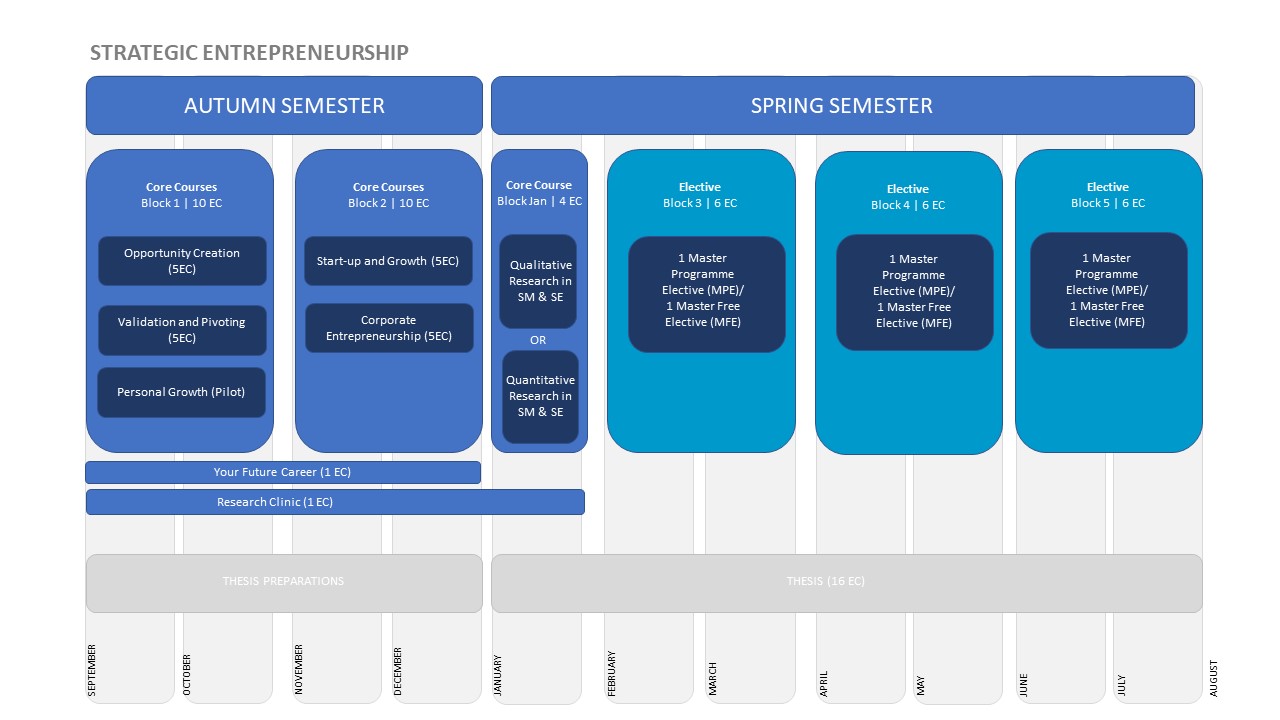
In a highly interactive, collaborative, safe and open setting, you experientially learn all aspects of strategic entrepreneurship.
Throughout several cycles during the core course, you discover and create relevant entrepreneurial opportunities. Furthermore, you’re challenged and inspired to maximise positive impact, and you develop your ideas into validated business solutions. Subsequently, you practice and eventually master how to include those aspects in a startup, a scaleup and a corporation, with explicit attention to the complex volatility of bringing positive impact.
Each core course is a separate yet logically related cycle. These are the four cycles in the core courses:
In the second part of the curriculum, you and your cohort specialise in startup, scale-up and impact entrepreneurship/investment.
For a detailed description of all of the courses including electives*, please view the course catalogue (for reference only, catalogue continually updated throughout the year).
*Please note that certain electives may be very popular. Although we can place most students in the elective or electives of their choice, we cannot guarantee a place.
Additionally, we’re piloting a new venture thesis in academic year 2023-2024. Within the end terms of a traditional thesis, this new venture thesis enables you to combine all the things you’ve learned into the development of a new venture. You do this whilst collecting data for your academic master thesis and as you continue to contribute to the body of academic literature on strategic entrepreneurship
Learn more
You can get a taste of working life – from large multinationals to fast-growing start-ups – by applying your new wealth of knowledge to a real company problem during your internship, which is optional in your programme. The RSM Career Centre will support you in finding a suitable position. Many students acquire their first job after graduation from the contacts they make during their internship.
Explore the world and broaden your study experiences by going on international study trips and exchanges at other top schools. RSM has an extensive partner school network of more than 100 business schools and universities worldwide, including top business schools such as ESADE in Barcelona and The Wharton School in the USA. An international exchange is an optional element after you’ve studied for your master for at least one year.
As SE graduates, you and your cohort will have developed a tactical attitude towards your careers.
In many cases, your proactive and hands-on mentality enables you to create your own perfect job, either by starting a business of your own or by finding a high-autonomy job in an emergent, high-growth business.
Career perspectives in entrepreneurship
About 35% of our alumni have co-founded a business. We are proud of the many companies that our alumni have initiated and grown. Examples include Getjobsdone, YourSurprise and Demostack.
Every year dozens of students and alumni build on their entrepreneurial dreams by starting their own ventures, usually with friends, family and/or fellow RSM students. Their objective: making positive change.
Career perspectives in high-growth organisations
About 25% of RSM graduates are engaged with small but high-growth organisations. These alumni typically have jobs related to business growth and development (e.g., business developer, account manager, project manager). In parallel with the growth of the businesses, they develop their career in a leading role.
Career perspectives in entrepreneurial corporates
About 20% of RSM alumni work in entrepreneurial corporations such as Amazon, Google and Nouryon. These graduates are in business development positions that demand a combination of entrepreneurial competence and drive.
Our graduates are well-qualified to help established companies rejuvenate and grow by developing and building new business. Corporate recruiters highly value the ability of RSM graduates to act on opportunities for new business.
Career perspectives in consulting, venture capital and family business
A final 20% of our graduates end up working as consultants or in venture capital or family businesses. We have ensured that our alumni are well-equipped for the roles in these kinds of firms as well.
Curious to see what our alumni are doing?
Good to know
Non-EEA nationals who have earned a diploma from a higher education institute in the Netherlands can apply for a special residence permit called the orientation year after completing their studies. The 'Orientation Year for Graduates Seeking Employment' is a residence permit aimed at retaining foreign talent for the Dutch labour market. During this orientation year you are free to work without a work permit. Participants who find a job during this period can change their orientation year into a residence permit for Highly Skilled Migrants under more favourable terms.
For the most up-to-date information please visit the following website.
What's next after your studies? The RSM Career Centre is your guide for an impactful career. Its expertise in the labour market, personal branding and connections with employers will prepare you for your business career. Get ready for some exciting job fairs, workshops, speed interviews and coaching. You may land your first internship or job before you even graduate!
You’re a member of the RSM community from Day 1. After you graduate, you’ll also be a member of the RSM alumni network. The countless benefits include networking events worldwide with local chapters, lifelong learning and professional development, mentoring opportunities and access to the latest business knowledge and research. Your study at RSM is the first step towards being part of this inspiring community that you’ll be part of forever.
Talk to our current students!
The 2025-2026 tuition fee for the MSc programmes is approximately €24,600 for non-EEA students. The Dutch government contributes towards this cost for students who hold a nationality from a country belonging to the European Economic Area(EEA). These students therefore only pay the statutory fee €2,601 in 2025-2026.
For EEA nationals who have already completed a master in the Netherlands (and obtained the diploma) the tuition fee for a 2nd master is approximately €14,400.
Please note that all these tuition fee tariffs are subject to change.
There are other costs associated with the Master programmes, for more information please review the “Other expenses” section below thoroughly.
Scholarships
The number of scholarships is limited and mainly merit based. If a scholarship covers only the tuition fees, be aware that you need to finance your own living expenses (rent, food and insurances) for the duration of your studies. RSM does not offer scholarships for the pre-master programme. We do however offer a maximum of 2 scholarships per academic year to RSM pre-master students enrolling in an MSc programme.
Rotterdam School of Management, Erasmus University (RSM) offers multiple scholarships to prospective students from non-EEA countries who are not entitled to pay the EEA tuition fee, provided their grades are considered ‘excellent’. RSM also offers one scholarship, the Erasmus Trustfonds Scholarship, to students from EEA countries.
Besides scholarships awarded by RSM, there are also scholarships awarded by the Dutch government or other organisations that are available if you meet certain criteria such as nationality, age, etc We have listed some of them below but we encourage you to use resources such as Grantfinder or the Scholarship Portal to find additional scholarships.
- StuNed
- G&D Europe Scholarship
- NN Future Matters Scholarship
- Russia: The Global Education Programme
- LPDP
- OKP
Scholarship tips
- Contact the Ministry for Higher Education in your home country to see whether there are scholarship options.
- We have virtual information session covering all you need to know about scholarships and financial aid. Watch it here.
For students from the Netherlands or the EU/EEA, it may be possible to apply for limited funding towards payment of your tuition fees. Find out whether you meet the nationality and age requirements and read more information about the application process here.
IM/CEMS is a program that - if you are still eligible - entitles you to a maximum of 1 year's use of your DUO entitlements. Students who have received a basic grant and possibly a supplementary grant from DUO in the first year of IM/CEMS and meet the following additional conditions may be eligible for an additional half year (6 months) of financial support, which is equal to the grant received in the last month during the program. Please contact the student counselors for more information.
Conditions Financial Support Fund
Students eligible for financial support due to extended master programmes are those who:
a) are enrolled full-time in a public funded Erasmus University Rotterdam degree programme, which is extended on the base of article 7.4, paragraph 8 of the Dutch Higher Education and Research Act;
b) are enrolled as first enrollment (hoofdinschrijving) in the study programme as referred to under a, for which the student pays statutory tuition fee;
c) for this program, is or was entitled to study finance (prestatiebeurs hoger onderwijs) as referred to in the Wet Studiefinanciering 2000, and during the period corresponding to the study load that exceeds 60 ECs, and is no longer eligible for student finance in the form of an additional grant.
Other expenses
After having filled in all of the necessary application information on the Online Application Form (OLAF) and uploaded the required documents, applicants with a degree obtained outside the Netherlands will be asked to pay a non-refundable €100 handling fee. This fee can be paid online via the Erasmus Payment System which uses either iDEAL (for those with a Dutch bank account) or PayPal (which can be linked to any bank account or credit card worldwide). It is important that applicants complete the payment process as indicated, otherwise the system cannot register the payment.
The additional expenses in addition to tuition and general living costs (see below) vary per programme and may include:
- Study materials such as books, readers and business cases
- Costs involved in kick-off meetings
- Costs related to travel, international excursions and compulsory exchange semesters or internships abroad
Approximately € 300 - 500 (per year), these costs differ per programme.
For a reasonable standard of living in the Netherlands, you should have an income of between €1,235-€1,735 per month depending on your lifestyle. Further information about the costs of living in the Netherlands and related subjects can be found on this website. Below is an example of monthly expenditures:
| Furnished accommodation, including gas and electricity | € 500-1,000 |
| Medical insurance | € 50 |
| Telephone/internet | € 15-40 |
| Food | € 300 |
| Books, recreation, clothing | € 300 |
| Public Transportation | € 50 |
| Total | € average 1235 - 1735 |
| Other potential expenses: | |
| Buying or renting a bike | € 100 - 250 (per year) |
| In private residence (not student housing) yearly municipal and water taxes | € 100 - 300 (per year) |
| Study trip or other study related travel | € 300 - 500 (per year) |
Please ensure, prior to your arrival at RSM, that you have or will have sufficient funding available to finance your stay at RSM. Finding a part-time job, may be an option, but can not be guaranteed. You should therefore not rely on finding other ways to supplement your income during your studies. For additional information on obtaining a part-time job, visit the website of the Nuffic.
For EEA students there are no formal restrictions in finding work in the Netherlands, but students with a lack of Dutch language skills will find it difficult to secure employment. Non-EEA students are subject to labour regulations, which makes the likelihood of obtaining a work permit very small. We therefore ask students not to rely on this possibility. We do not encourage students to combine studies with the heavy workload from a part-time job.
This is a capped programme which means that the application for the September 2025 intake will close either when the maximum number of applications (238) has been reached or 15 May, whichever comes first.
Find out everything you need to know about entry visas & residence permits for non-EU or EEA students at RSM.
Finding housing in Rotterdam can be tricky. To help you in your search for housing, we have compiled some helpful resources

